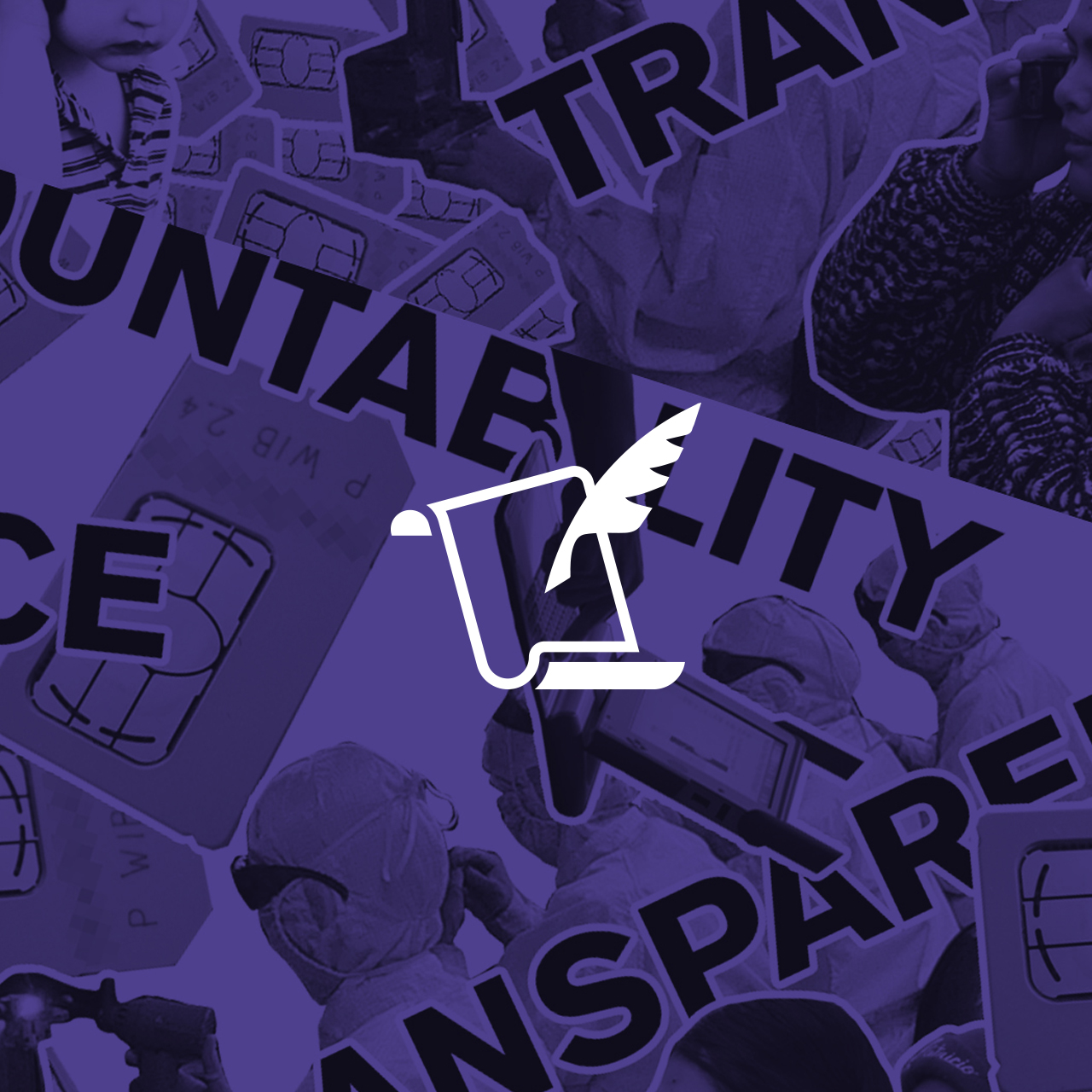Speaking at Vodafone’s annual shareholder meeting in London on Tuesday, July 29, Access Senior Policy Counsel Peter Micek challenged the company to take a greater role in stopping government surveillance.
Speaking as a shareholder representative of ShareAction (which Access is a member of), Access advocated for Vodafone to continue to rebuild user trust, damaged after the Snowden revelations, in three ways: by supporting reforms to UK surveillance law, stopping governments from accessing their networks, and pushing back against data retention mandates. Access also commended the company for releasing its groundbreaking Law Enforcement Disclosure Report in June 2014, a transparency report providing statistics and context around the handover of user data to governments in 29 countries in which the company operates.
In response, Chairman Gerard Kleisterlee said Vodafone is “very focused on protecting the rights of our customers,” and promised to engage with governments “when and where legal frameworks are being reviewed.” Kleisterlee appeared ready and eager to respond to Access’ question on surveillance, and even noted the recent passage of UK legislation requiring greater retention of user data.
Dangerous UK laws
Britain’s Regulation of Investigatory Powers Act (RIPA) currently bars telecommunication companies from releasing data on surveillance or even acknowledging the existence of secret warrants. Additionally, the UK Parliament adopted the Data Retention and Investigatory Powers Act (DRIP) earlier this month, a law that — as we reported — expands government surveillance and contravenes the recent judgement of the Court of Justice of the European Union (CJEU).
These laws are certainly being put to use. Over the past year, the Snowden revelations have given us a glimpse of the alarming extent of surveillance taking place online, and the UK’s central role in this panopticon – amongst other revelations, its intelligence agency, GCHQ, was shown to conduct “untargeted and unwarranted” searches on the metadata of millions of text messages daily.
Access asked Vodafone if they will support reform of RIPA, which allows the government to conduct mass surveillance in secret. We also queried what specific steps the company was taking to protect customers from surveillance-driven bulk data retention laws like DRIP. This issue particularly demands active engagement from Vodafone since the fast-tracked DRIP legislation adopted with little to no public debate poses increased risks to both UK users and the companies operating there.
In response, Chairman Kleisterlee said Vodafone plans to submit a comment to a public review of UK surveillance legislation; the deadline for submissions is October 3. The Chairman said the company’s views would be “aligned with the principles set out” in its recent transparency report.
Unfettered Access
Vodafone’s Law Enforcement Disclosure Report also revealed numerous ways in which a half-dozen governments directly access Vodafone networks. To its credit, Vodafone called for governments to cease requiring and exploiting unfettered access to telecom networks. Today, we asked the company how they’ll make good on that call to action by taking steps to end the direct access that at least six governments enjoy to the company’s networks and data. The company said they are studying avenues to promote their calls to action and principles in each of the countries featured in the report.
Today’s remarks build upon years of engagement with Vodafone by Access staff, community, and partners. Access sees the progress made since our community first asked the company to release a transparency report in 2012. We expect Vodafone to continue its public support for transparency and accountability on government surveillance, including through pushback on data retention legislation in the UK and elsewhere.
